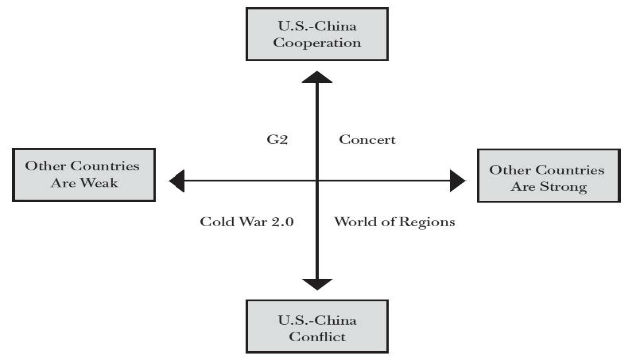Seducing the Americans

After a series of snubs, Europe is suddenly getting a bunch of positive attention from the US. What happened?
Maybe Washington is impressed that, after a prolonged struggle to deal with Greece’s debt problems, the European Union was finally able to reach an agreement that made everyone happy enough: Last Thursday, Eurozone nations agreed to fund a safety net of 22 billion euros that will be offered up if Greece can’t find with the cash to save itself.
Or maybe the passing of health care reform has freed up time and energy that the US can put toward a stronger and more productive partnership with Europe. One US official, in addition to saying he was impressed by the Greece deal, told euobserver.com that Congress could better focus on trans-Atlantic efforts at finance reform, citing “good dialogue” between the US treasury and EU economic bodies.
But all this warm attention from Washington is, in large part, a result of Europe’s visibly more aggressive political rhetoric: An EU conference in Brussels last week confidently called for a strengthening of ties across the Atlantic, with emphasis on Europe’s military potential in the face of criticism that the bloc has become too soft. NATO Secretary General Anders Fogh Rasmussen proposed the construction of a missile-defense system in Europe that would help ward off attacks from Iran.
French President Nicolas Sarkozy has also used a visit to the US this week as a way to impart the EU’s newfound confidence, telling America that it can’t “run the world alone” and that the dollar “is not the only currency in the world.” Wonder if that’s the type of attitude he and Carla are taking with the Obamas at dinner tonight?





